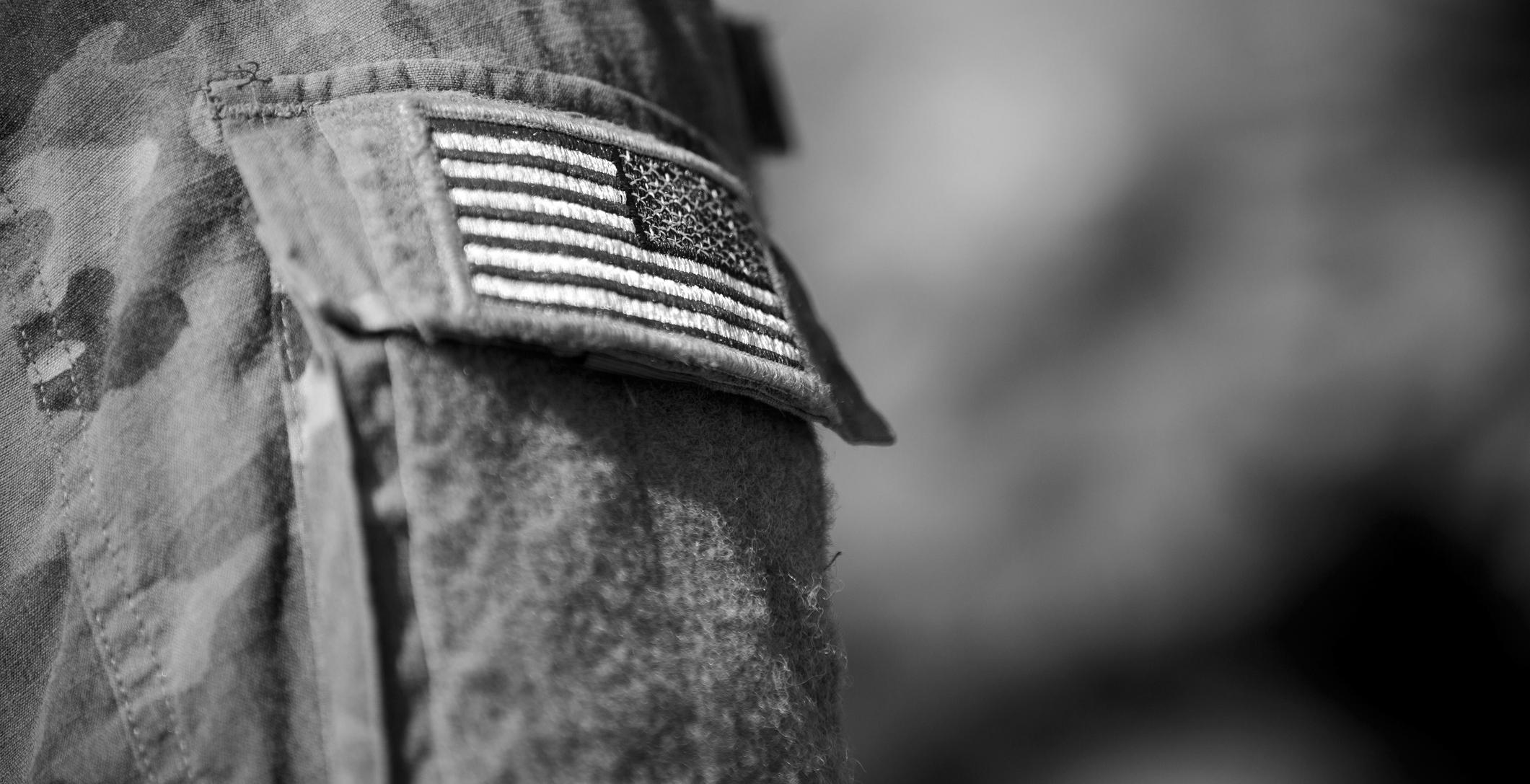The drawdown from the conflicts in Afghanistan and Iraq has returned a flood of separating service members to the states, looking for civilian employment, many of them very highly skilled or credentialed. However, business and state and local officials recognize that finding employers is not the only challenge for many of these recently-separated service members. Neither DoD nor state government has made it easy in the past to translate military education and training into recognized (and required) state professional certifications and licenses.
The allied health professions, nursing and emergency medical services are just a few of the many highly skilled groups that have had to adjust to civilian employment with the help of state government, the Department of Defense and other federal agencies. Over the last four years, a broad range of state laws has been passed to make it easier for veterans with documented training, work experience and necessary skills to secure professional licenses such as a CDL, EMT/paramedic, LPN and PA – licensure necessary for high-demand health care jobs.
Earlier this month, my colleague Michael Behm and I participated in a roundtable discussion facilitated by the American Legion entitled “Facilitating Credentialing of Service Members and Veterans in Allied Health and Emergency Medical Services.” The focus of the roundtable was dedicated to clearing pathways for transitioning servicemembers. Stakeholders from the military service branches, the U.S. Department of Defense, community colleges and education experts and Emergency Medical Services shared best practices regarding the most innovative ways to ensure meaningful employment in the healthcare industry for veterans. Discussions during the Roundtable included:
- An overview on the current capabilities of the Military Education & Training Campus (METC), located at Fort Sam Houston in San Antonio, Texas. METC is responsible for the education and training of medical personnel from the Army, Navy and Air Force and trains over 15,000 personnel annually
- The latest efforts of Lansing Community College and their military medic to paramedic program—a nationally recognized program that includes individualized skill assessment and credit for military experience
- Virginia’s Military Medics and Corpsmen (MMAC) program—another first-of-its-kind, where separated military medical personnel are able to function in a hospital setting under the supervision of a physician and perform clinical skills as a step toward civilian licensure
These latest developments are positive—and creative—steps in the right direction. Dozens of bills have been passed since 2012 serving to streamline professional licensure; in 2017, seven states enacted eight pieces of legislation with the intent to ease the licensure process for veterans. An additional 16 states have nearly 20 bills still pending. However, much work remains to be done in terms of fine tuning and accelerating transition and the states will continue to be at the forefront of helping America’s veterans find meaningful employment.
